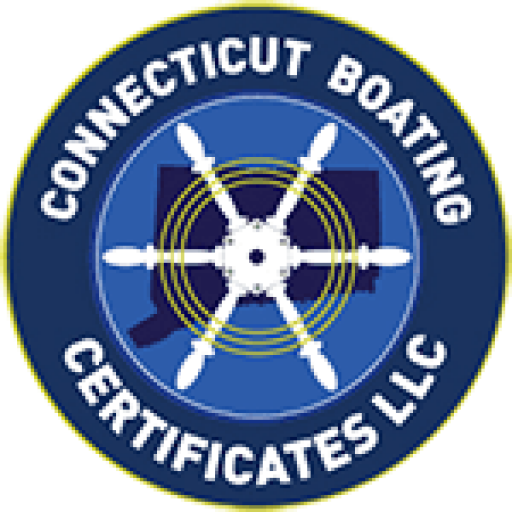Call: 1-800-832-7191
Connecticut Boating Certificates Video
Connecticut Boating Certificates LLC Offers Trusted Safety Education for All Boaters Connecticut Boating Certificates LLC provides state-approved boating safety courses designed to educate and certify recreational vessel operators. These courses meet Connecticut’s legal requirements and promote responsible boating practices across inland and coastal waters. Because safety starts with knowledge, the company focuses on delivering clear, engaging instruction. Students learn essential topics …
